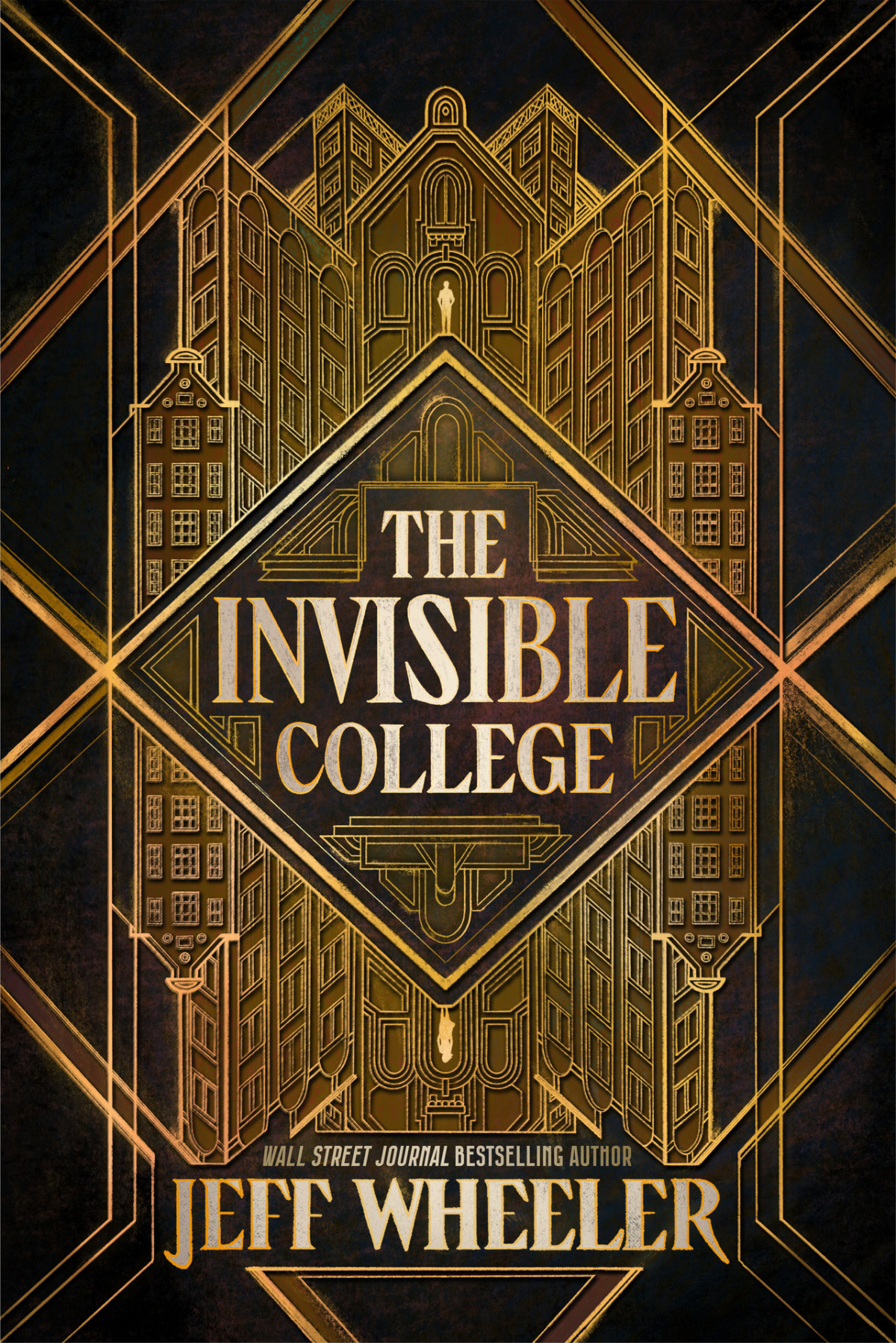

Most ebook files are in PDF format, so you can easily read them using various software such as Foxit Reader or directly on the Google Chrome browser.
Some ebook files are released by publishers in other formats such as .awz, .mobi, .epub, .fb2, etc. You may need to install specific software to read these formats on mobile/PC, such as Calibre.
Please read the tutorial at this link: https://ebookbell.com/faq
We offer FREE conversion to the popular formats you request; however, this may take some time. Therefore, right after payment, please email us, and we will try to provide the service as quickly as possible.
For some exceptional file formats or broken links (if any), please refrain from opening any disputes. Instead, email us first, and we will try to assist within a maximum of 6 hours.
EbookBell Team

4.0
36 reviewsthe inspiration for a story may have come from or other tidbits that I
think may interest my readers. For The Invisible College, I thought
readers would be better served if I opened with my reasoning for
certain details you’ll find in this book, especially since one of the
characters is deaf.
I’m inspired by history, settings, and events that are very different
from our own.
Writing from the point of view of a deaf character was especially
challenging for me since I had to use my imagination and research to
try to bridge the gap of understanding. Societies throughout history
have regularly mistreated individuals who are considered different
from what may be considered “normal.” The world of The Invisible
College is no different and exposes some of the injustices that can and
often still do persist despite more modern research and methods.
For example, in this book deaf children are considered pariahs and
unwelcome in Society. Those in power make false and injurious
assumptions about their abilities and potential. Unrealistic expectations
are also contrived, such as lipreading and vocalizing being preferable to
other forms of communication, like sign language. In reality, lipreading
and speaking might prove inaccessible for some individuals born
without hearing.
Such themes are in this book, but I wanted to point out to my
readers that while I write about many topics and do a lot of research in
my world-building, it doesn’t reflect my personal beliefs or attitudes. I
wanted to state this because authors have to make hard choices about
what goes into a book and what gets left out, and some of these choices
may be viewed as perpetuating debunked ideas. It’s never my intent to
injure or offend my readers. The teaching methods in the book were
typical of the time it is based on—New England in the 1870s. Back
then, many deaf children were sent to asylums to endure lives of
misery because it was supposed,
…